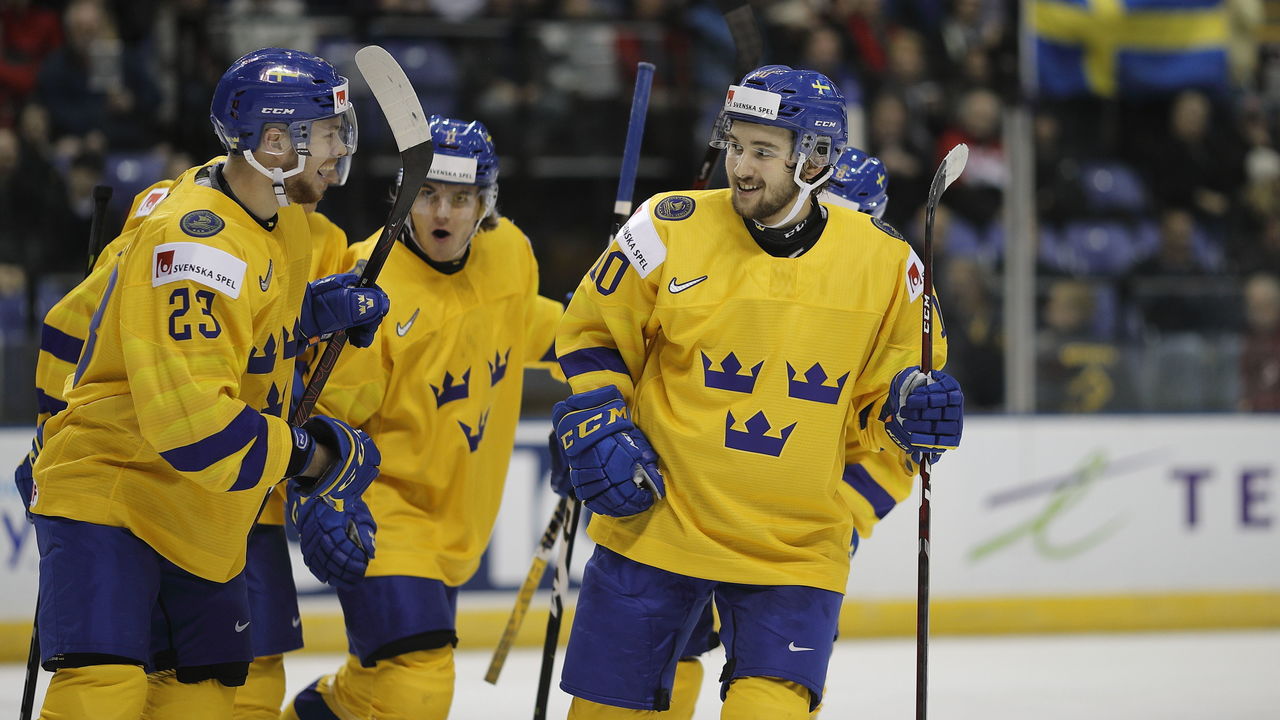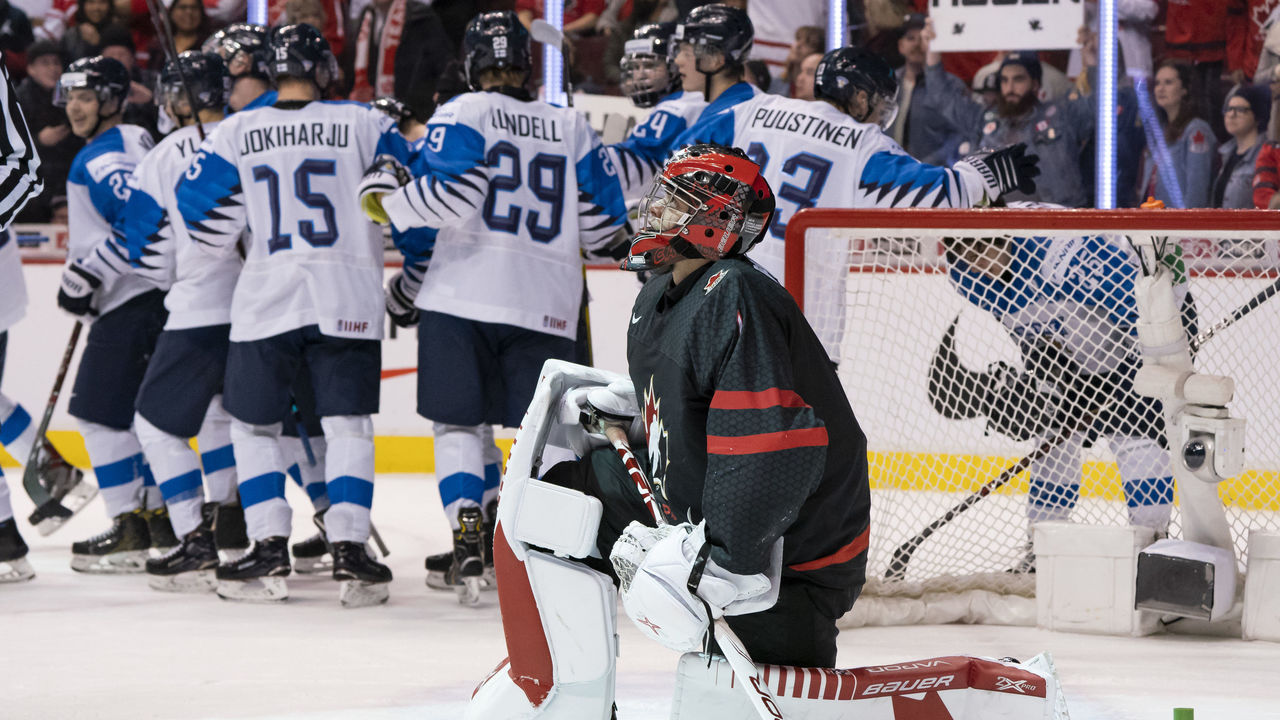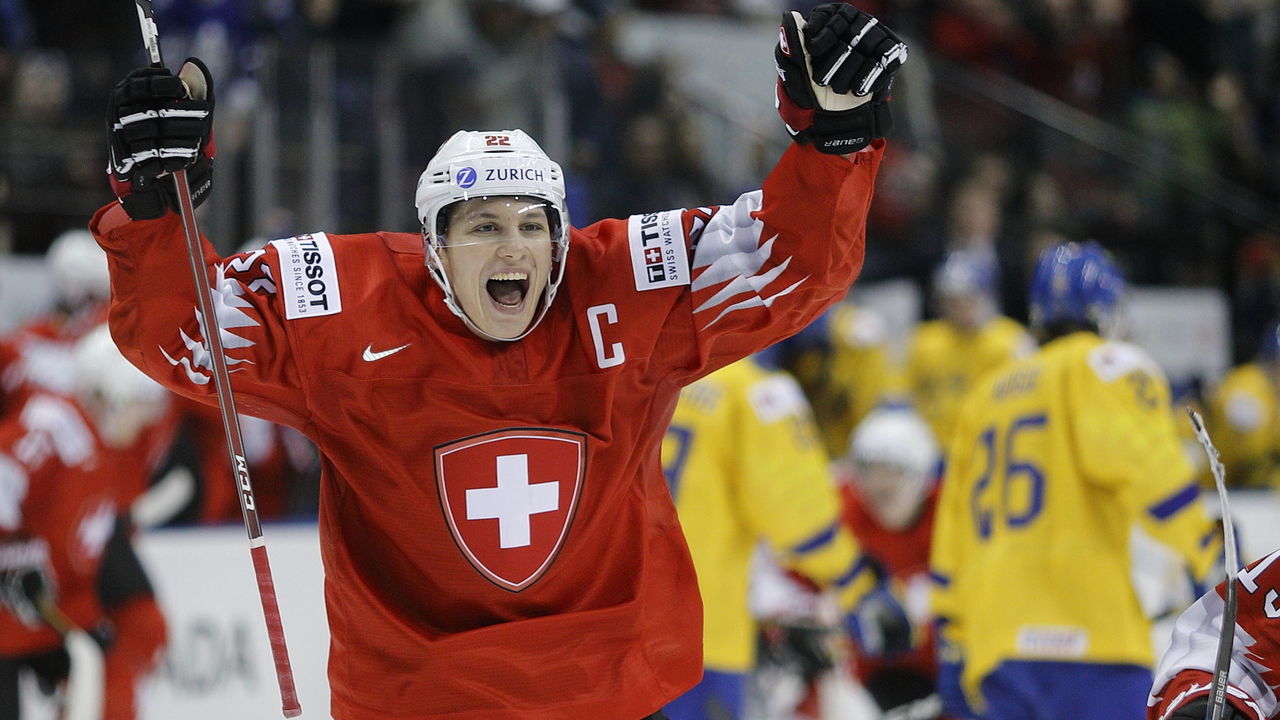3 things to know about the WJHC
Another edition of the World Junior Championship is upon us.
You may have read up on the young star power highlighting this year's event or some of the favorites to take home the gold, but the tournament also offers several unique storylines.
With puck drop just two days away, it's time to take a deeper dive into hockey's greatest holiday tradition.
1. Sweden's dominant preliminary play

Sweden enters the 2020 competition on one of the more remarkable runs in all of sports. Winners of 48 consecutive round-robin contests, the Swedes have not dropped a game in preliminary action since losing to the United States in 2006. (Who scored the game-winner that day? Defenseman Jack Johnson, who's now 32 years old.)
The Tre Kronor have defeated 13 different nations throughout the run, many of them more than once. They've also won six games in overtime, including one against the Americans last year in which they blew a 4-0 lead in the third period.
That impressive record comes with a major caveat, however: Sweden has captured just one gold medal since the streak began and has lost the championship game five times.
Here's Sweden's schedule at this year's tournament:
| Opponent | Date |
|---|---|
| Finland | Dec. 26 |
| Switzerland | Dec. 28 |
| Kazakhstan | Dec. 30 |
| Slovakia | Dec. 31 |
If the Swedes can get past Finland, they'll have an excellent opportunity to keep the streak alive.
2. Can Canada end overseas podium drought?

Europe has not been kind to Team Canada. The tournament's perennial powerhouse has failed to medal in each of the last three competitions overseas, including consecutive bronze-medal losses in 2013 and 2014.
The last time Canada captured gold in Europe was in the Czech Republic in 2008 - this year's host country. After being held off the podium on home soil in 2019, Canada should feel an extra sense of urgency to get back on top.
Canada's sixth-place finish in British Columbia resulted in a tough schedule through the preliminary round. The red and white open the tournament against the U.S. before meeting Russia two days later.
3. Decade of parity

For the first three decades of the tournament's existence, there were only a few serious horses in the race. Canada and Russia dominated much of the conversation while the U.S., Sweden, and Finland played the underdogs. The remaining nations were just happy to be there.
This decade, however, the tournament has been wide open. Five nations have captured a gold medal over the last 10 years, and no country has repeated as champion since Canada won five straight from 2005-09. Even Switzerland, which has just one bronze medal in its history, knocked off Sweden in last year's quarterfinal and finished fourth.
For more context, Canada will exit a decade with fewer than four gold medals for the first time. Meanwhile, Finland and the United States, which combined for three championships in the event's first 32 years of existence, have three golds apiece in the last 10 years.